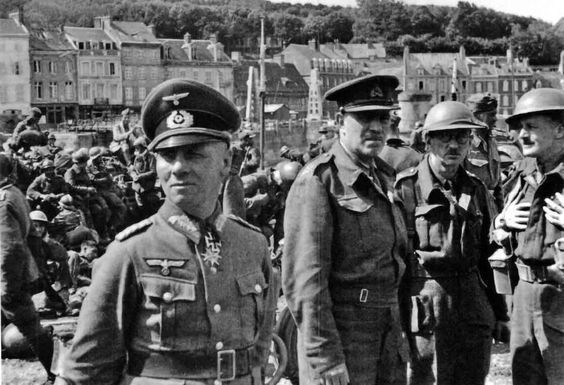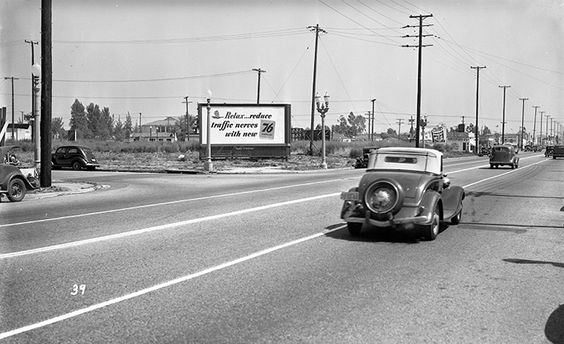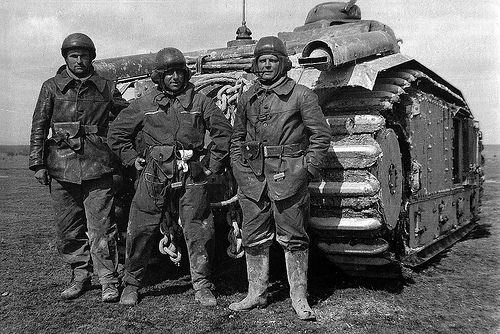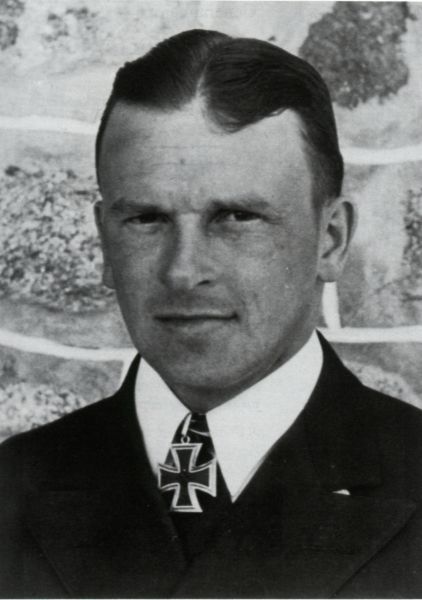Wednesday 12 June 1940
 |
| General Rommel surveys the Allied POWs at St.Valery-en-Caux on 12 June 1940. |
US Ambassador to France William Bullitt is the last accredited ambassador remaining in Paris, as everyone else - including the French government - has left for points south. Bullitt actually becomes the provisional governor of Paris as he awaits the Wehrmacht.
The Supreme Allied War Council at Briare continues. The French are promising to keep their fleet out of German hands. Otherwise, not much is accomplished, but the lines on the map showing the front continue getting readjusted closer.
General Erwin Rommel's 7th Panzer "Ghost" Division captures the remaining 40,000 or so Allied troops of the 51st (Highland) Division and French IX Corps at St.Valery-en-Caux, north of Le Havre (the British officially admit to losing 6,000 of their soldiers there). The blow to the Allies is greater than at Dunkirk, with no corresponding salve of a propaganda victory. There are RAF patrols over the area that accomplish little. A "small flotilla of ships" in the early morning light takes off about 3000 Allied soldiers, but that is it. It is one of Rommel's greatest if least publicized victories.
German 6th and 9th Armies push ahead across the Marne against ineffective resistance. Panzer Group Guderian takes Chalons-sur-Marne, about 80 miles east of Paris (now an open city). The deficiencies of the hedgehog defense of the Weygand Line are coming into sharp relief, as once the crust is penetrated, there are no mobile reserves to stop the attacking spearheads. The panzers are crossing the Langres plateau in the Champagne sector.
U-46 (Oberleutnant zur See Engelbert Endrass) spots Convoy SL-34 and attacks. It torpedoes and sinks 4,223-ton British freighter Barbara Marie off Cape Finisterre at 19:38. There are 5 survivors, 32 perish.
U-46 also torpedoes and sinks 5,041-ton British freighter Willowbank at 19:46. All 51 onboard survive.
The Italian submarine fleet is at sea in the Mediterranean and dangerous. Royal Navy cruiser HMS Calypso is torpedoed and sunk by an Italian submarine off Crete, and Norwegian freighter Orkanger is sunk by a combination of Italian submarines Nereide and Naiade.
French submarine Saphir torpedoes and sinks Italian freighter Alicantino off Sardinia.
Royal Navy cruisers operating off Tobruk sink Italian minesweeper Giovanni Berta.
British transport Baron Saltoun hits a mine and sinks off Cherbourg.
The Royal Navy raids Trondheim, where the Scharnhorst, Gneisenau, and Admiral Hipper are hiding out.
Royal Navy submarines lay mines off Norway.
Regia Aeronautica sends BR.20s against Toulon, Hyères, and Saint-Raphaël, as well as the Corsican communes of Calvi and Bastia and the Tunisian city of Bizerte. French anti-aircraft fire is effective at minimizing damage. The attack on Bizerte destroys French aircraft on the ground.
Italian bombers attack the British base at Aden and at Moyale in Kenya, where the 1st King's African Rifles is based.
North Africa: The British and Italians engage in skirmishes along the Egyptian/Libyan border. The British take 62 Italian prisoners.
A British cruiser squadron bombards Tobruk. The Italian fleet sorties to defend the port, but the British withdraw. The attack is only marginally successful, with Italian cruiser San Giorgio in the harbor surviving the attack.
Egypt breaks diplomatic relations with Italy after pressure from London.
Turkey breaks commercial relations with Italy.
Norway: A final tranche of soldiers sailing from Narvik reaches the Clyde. The French are immediately transshipped to Brest and Lorient in the south of France.
Soviet/Lithuanian Relations: The Soviet government issues an ultimatum to the Lithuanian government, requiring additional territorial concessions and a new government. Ultimatums in this day and age often presage military action.
Soviet/Estonian Relations: The Kremlin orders the Soviet Baltic Fleet to blockade Estonia. This is part of a planned invasion of Estonia and Lithuania.
Applied Science: President Roosevelt meets with Dr. Vannevar Bush of the Carnegie Institute of Washington. Bush proposes the creation of a National Defense Research Committee. Roosevelt takes up the suggestion, which is to be part of the Council of National Defense.
US Government: Pursuant to President Roosevelt's "show the flag" decision, heavy cruiser USS Quincy (CA 39) makes a port visit to Rio de Janeiro, Brazil. Its next destination is planned to be Montevideo, Uruguay, which is said to be a German hot spot.
The US Navy Department issues contracts for 22 new warships.
Italian Government: The Italian government temporarily bans the Vatican's newspaper, Osservatore Romano, for publishing British and French war communique.
British Government: Sir Stafford Cripps arrives in Moscow as British Ambassador.
Dutch Government: Princess Juliana and daughters Beatrix and Irene arrive in Canada.
Thailand: Britain and France sign non-aggression treaties with Thailand. Thailand also signs a "Treaty of Friendship" with Japan.
China: The Japanese 11th Army captures the port of Ichang, east of Chungking on the Yangtze River.
 |
| Melrose Place at Cienega Boulevard on 12 June 1940. That is a Foster and Kleiser billboard for 76 brand gasoline. |
June 1, 1940: Devastation at Dunkirk
June 2, 1940: Hitler Visits France
June 3, 1940: Operation Paula
June 4, 1940: We Shall Fight
June 5, 1940: Fall Rot
June 6, 1940: Weygand Line Crumbling
June 7, 1940: British Evacuating Narvik
June 8, 1940: Operation Juno
June 9, 1940: Norway Capitulates
June 10, 1940: Mussolini Throws Down
June 11, 1940: Paris an Open City
June 12, 1940: Rommel at St. Valery
June 13, 1940: France Goes Alone
June 14, 1940: Paris Falls
June 15, 1940: Soviets Scoop Up Lithuania
June 16, 1940: Enter Pétain
June 17, 1940: The Lancastria Sinks
June 18, 1940: A Day of Leaders
June 19, 1940: U-boats Run Wild
June 20, 1940: Pétain Wilts
June 21, 1940: Hitler's Happiest Day
June 22, 1940: France Is Done
June 23, 1940: Hitler in Paris
June 24, 1940: Six Million Jews
June 25, 1940: German Celebrations
June 26, 1940: USSR Being Belligerent
June 27, 1940: Malta in Peril
June 28, 1940: Channel Islands Bombed
June 29, 1940: Gandhi Insists on Independence
June 30, 1940: Channel Islands Occupied
2021



No comments:
Post a Comment